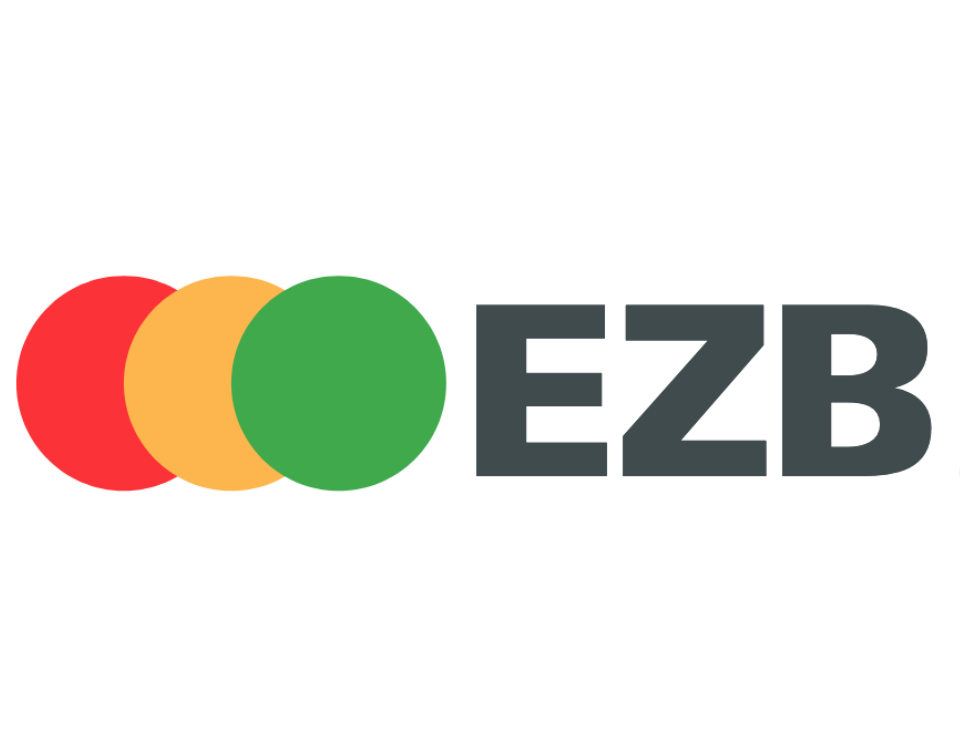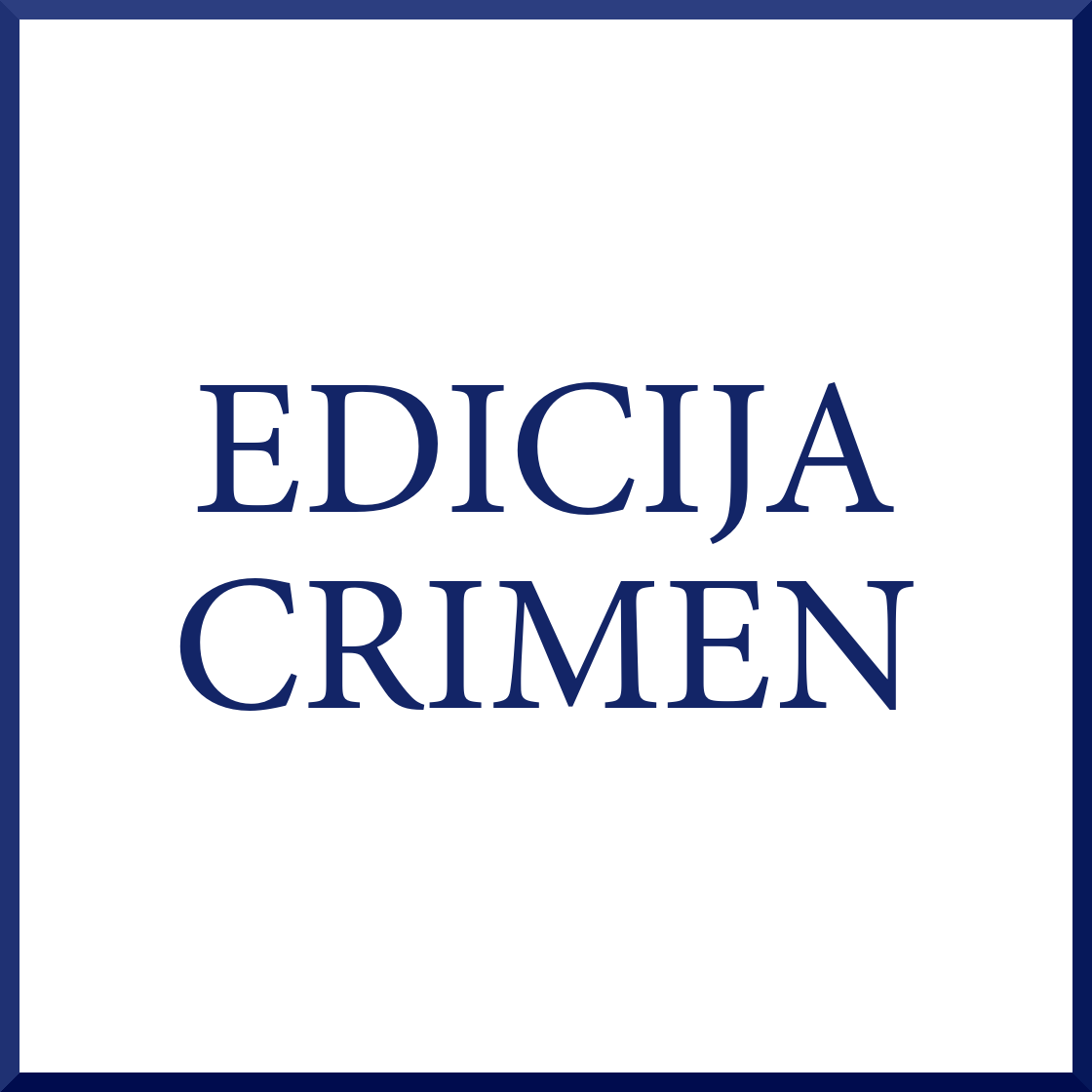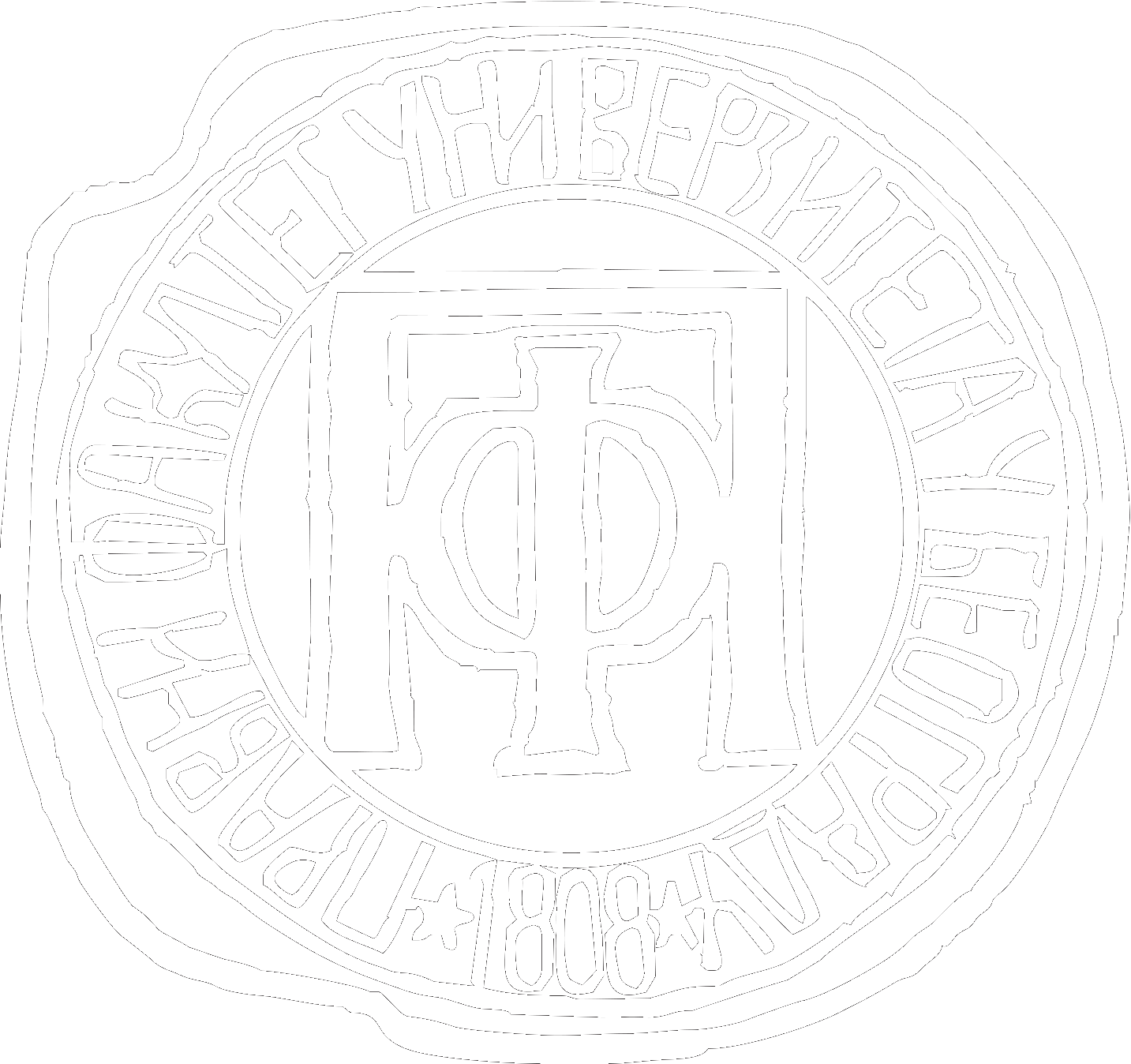Nonefficiency of criminal justice to deal with illegal drugs
Keywords:
illegal drugs; criminal law; legalization; decriminalizationAbstract
The paper deals with the issue whether the measures of criminal justice are an adequate weapon in the 'war against illegal drugs'. Unlike the behaviors that are in every society, time or system perceived morally and socially unacceptable (murder, theft, rape, etc.), attitudes toward illegal drugs are rather ambivalent. Psychoactive substances have accompanied humanity throughout its whole history. Some of them, such as alcohol or tobacco are legally accepted, others are recognized and prescribed as medicines, and some are legally prohibited. Despite the prohibition, every year hundreds of millions people around the world use illicit drugs, and predominant approach of governments around the world is to punish and criminalize them. But such approach and prohibitions only created a criminal market which will exist as long as there is a demand for illegal drugs. Particularly problematic is criminalization of the possession of small quantities of drugs for personal use, since there is no harm to others, and person should be free to decide about its own health. The first part of paper explains the history of the prohibition of illegal drugs. In the second part are analyzed the consequences of the prohibition, and after that are presented a new more liberal tendencies. Fourth part gives a comparative drug policy and in the last part is analyzed Serbian law, where possession of small quantities of illegal drugs was criminalized in 2003, contrary to overall global tendencies toward decriminalization.
Downloads
References
Berridge, V., and E. Griffith. 1981. Opium and the People: Opiate Use in Nineteenth-Century England. London: Allen Lane; New York: St. Martin's Press.
Brecher, E. M. 1972. The Consumer Union Report on Licit and Illicit Drugs. Available at: http://www.druglibrary.org/schaffer/library/studies/cu/cu8.html.
Csete, J., et al. 2016. “Public Health and International Drug Policy.” The Lancet 387. https://doi.org/10.1016/S0140-6736(16)30115-5
Ćirić, J. 2012. “Borba protiv droge putem dekriminalizacije– slučaj Portugalije.” Strani pravni život 2.
Delibašić, V. 2014a. “Suzbijanje zloupotreba opojnih droga sa stanovišta krivičnog prava.” Službeni glasnik, Belgrade.
Delibašić, V. 2014b. “Pojedina sporna pitanja u vezi sa opojnim drogama u Krivičnom Zakonu.” Crimen (V) 1.
Eastwood, N., E. Fox, and A. Rosmarin. 2016. A Quiet Revolution: Drug Decriminalisation Across the Globe. Release, UK. Available at: https://www.release.org.uk/sites/default/files/pdf/publications/A%20Quiet%20Revolution%20-%20Decriminalisation%20Across%20the%20Globe.pdf.
Ferragut, S. 2012. Organized Crime, Illicit Drugs and Money Laundering: the United States and Mexico. Available at: https://www.chathamhouse.org/sites/files/chathamhouse/public/Research/International%20Security/1112pp_ferragut.pdf.
Gallagher, L. 2014. “Should the United States Move Towards Portugal’s Decriminalization of Drugs?” University of Miami International & Comparative Law Review 22.
Guzmán, D., and R. Yepes. 2010. Prohibition, a Backwards Step: The Personal Dose in Colombia. Series on Legislative Reform on Drug Policies Nr. 4. Available at: https://www.tni.org/files/download/dlr4.pdf.
Kandall, S. 1999. Substance and Shadow: Women and Addiction in the United States. Harvard University Press.
Mattick, R. P., et al. 2009. “Methadone Maintenance Therapy versus No Opioid Replacement Therapy for Opioid Dependence.” Cochrane Database Syst Rev 2009/3. Available at: https://www.ncbi.nlm.nih.gov/pubmed/12804430. https://doi.org/10.1002/14651858.CD002209.pub2
McFarland Sánchez-Moreno, M. 2015. “Winding Down the War on Drugs: Reevaluating Global Drug Policy.” Harvard International Review 36.
Mravčík, V. 2015. “(De) Criminalisation of Possession of Drugs for Personal Use– A View from the Czech Republic.” International Journal of Drug Policy 26(7). https://doi.org/10.1016/j.drugpo.2015.01.022
Murkin, G. 2014. Drug Decriminalization in Portugal. Transform Drug Policy Foundation. Available at: http://www.tdpf.org.uk/resources/publications/drug-decriminalisation-portugalsetting-record-straight.
Parker, E. H. 1888. Chinese Account of the Opium Wars. The Pagoda Library. Available at: http://library.umac.mo/ebooks/b25903421.pdf.
Petrović, S. 2003. Droga i ljudsko ponašanje. Partenon, Belgrade.
Sher, G. 2003. “On the Decriminalization of Drugs.” Criminal Justice Ethics 22. https://doi.org/10.1080/0731129X.2003.9992138
Stevens, A. 2010. Drugs, Crime and Public Health: The Political Economy of Drug Policy. Abingdon: Routledge. https://doi.org/10.4324/9780203844168
Stojanović, Z. 2006. Komentar Krivičnog zakonika. Službeni glasnik, Belgrade.
Stojanović, Z. 2010. “Krivičnopravni Ekspanzionizam i Zakonodavstvo Srbije.” In Stanje Kriminaliteta u Srbiji i Pravna Sredstva Reagovanja IV Deo, edited by Đ. Ignjatović. Pravni fakultet Univerziteta u Beogradu (biblioteka Crimen), Belgrade.
Stojanović, Z. 2013. “Da li je Srbiji potrebna reforma krivičnog zakonodavstva?” Crimen (IV) 2.
Stojanović, Z. 2017. Komentar Krivičnog zakonika. Službeni glasnik, Belgrade.
Škulić, M. 2015. Organizovani kriminalitet– Pojam, Pojavni Oblici, Krivična Dela i Krivični Postupak. Službeni glasnik, Belgrade.

Downloads
Published
How to Cite
Issue
Section
License
Copyright (c) 2018 Vanja Bajović

This work is licensed under a Creative Commons Attribution 4.0 International License.
The authors retain copyright and grant the journal the right of first publication, allowing others to share the work with proper attribution to the authors and acknowledgment of its original publication in this journal.










